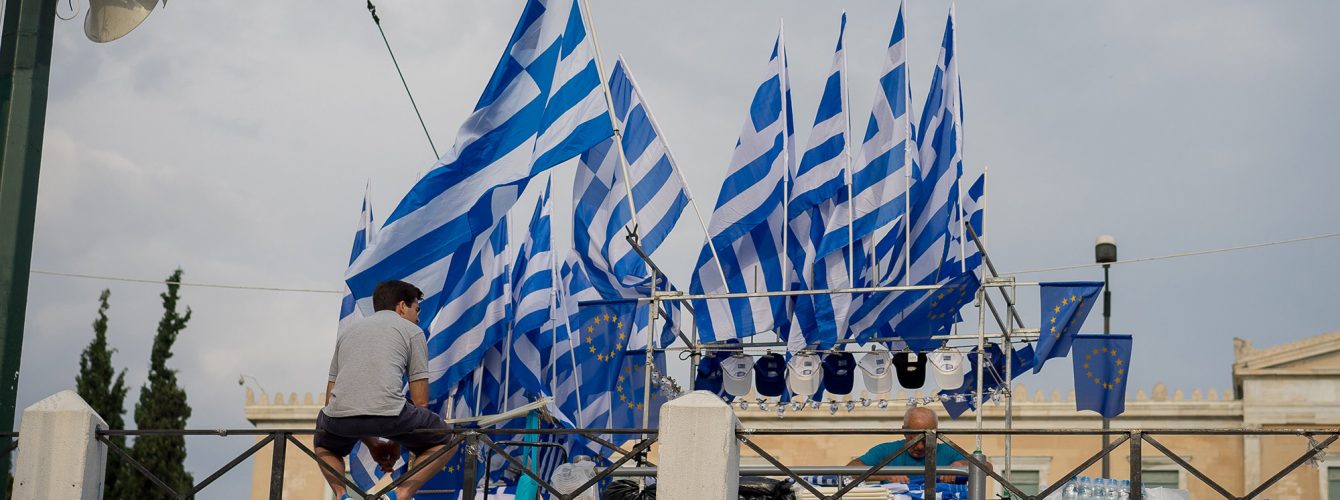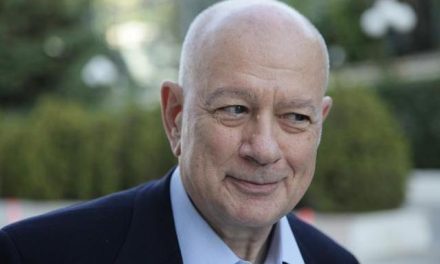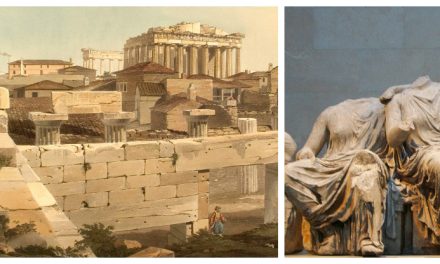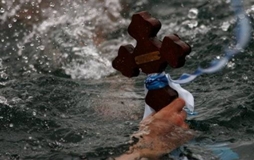diaNEOsis is a new Athens-based Think Tank founded in 2016 by art collector, former chairman of the Hellenic Federation of Enterprises and Damma Holdings SA President and CEO, Dimitris Daskalopoulos. It has recently published research, policy recommendations and investigative journalism “aiming to contribute meaningful arguments and data to the public discourse and promote policies that can lead to economic growth while protecting social cohesion”. diaNEOsis’ activities are overseen by a 30-member Advisory Board, as well as a 9-member Supervisory Board presided by Daskalopoulos. Daskalopoulos has also undertaken the entire cost of diaNEOsis for the first three years of its operation.
Some of diaNEOsis main areas of focus are Investment, Taxation, Employment, Technology and Innovation, Environment, State, Public Administration, Institutions and the Political system, Poverty and Inequality, the Welfare State – Health and Insurance, Education and Training and Justice. Greek News Agenda briefly presents two of diaNEOsis recent studies widely discussed in the Greek media this month:
“A New Growth Model for Greece”
One of the most recent study of diaNEOsis titled “A New Growth Model For Greece” was published in March 2017. diaNEOsis assigned a team of Greek researchers, led by Panos Tsakloglou, Professor in the Department of International and European Studies at the Athens University of Economics and Business and member of diaNEOsis’ supervisory board, to undertake a study with three objectives: to map the structural causes of the crisis, to record and evaluate everything that has been done during the last six years, and, mainly, to highlight the macroeconomic priorities and the necessary reforms required for the country to forge a new and viable growth model.
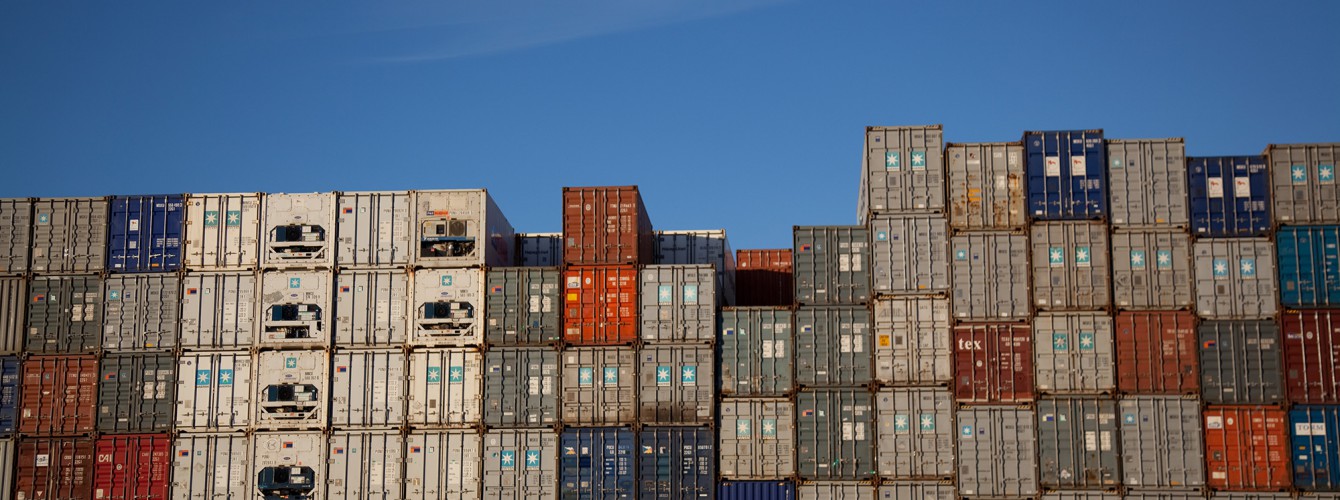
According to the study, the main problems the Greek economy is facing include: the duration of the recession, which has led to, among other things, very high levels of unemployment, decrease in investment activity since 2008, especially in foreign direct investment, lack of sustainability of the pension and insurance systems, and of public debt, uncertainty in the investment climate, mostly due to the lack of a stable tax system, elevated number of closed markets and professions, poor quality of public healthcare, public education and public sector, absence of a coherent immigration policy and lack of trust in institutions. So, the study goes on, if someone wanted to sketch a new growth model for our country, this could actually be quite simple: the above problems need to be solved.
The researchers, in order to describe a realistic path towards the adoption of a new economic model, stress that a series of reforms in public administration and electronic governance, the tax and judicial system, in the goods and services markets, in the bankruptcy framework are necessary. Further on, the list of reforms also includes: effective utilization of public property, initiatives to strengthen the competitive sectors of the Greek economy, Labor market interventions to fight unemployment, Changes to social protection policies, Measures concerning the education system, Linking research centers with one another and with the private sector and, finally, restructuring of the public health system, by enhancing primary healthcare and improving its interface with secondary healthcare.
As the authors of the diaNEOsis study note, “reforms should normally be implemented in a period of economic boom, when groups who have something to lose feel less insecure, and they can be compensated by an economy that is expanding”. Unfortunately for Greece, this opportunity has been lost, and the reforms need to be implemented now, under the worst possible economic and social circumstances. They remain, however, absolutely essential.
2017 “What Greeks believe” survey
diaNEOsis first major survey on Greek values, views and ideas took place in 2015 and was titled “What Greeks believe”. As Professor Gerassimos Moschonas comments in an article analyzing in depth its main conclusions, “this survey attempted to take a snapshot of views and perceptions that elucidate the current ideological makeup of Greek society.”
The 2017 What Greeks Believe edition, published in March (in Greek), was conducted in cooperation with the University of Macedonia Professor Nicos Marantzidis, in December 2016. According to Kathimerini‘s presentation of the survey (Greeks calling for smaller public sector, lower taxes, survey finds, 8.3.2017), “part of the survey tells us that Greeks would like to see a smaller public sector and lower taxes – even if this means a reduction in social benefits – with growth driven by foreign investments and exports, rather than the spending policies of a “populist government.” Globalization, which three in five see as a threat to Greece on an abstract level, is also regarded as the only way to return to prosperity…”
Other findings “point to a society that is insular, phobic toward the world at large, leery of change, and stuck on unfounded theories that don’t stand the test of reality. Euroskepticism continues to gain ground as the belief takes hold that Greece has enjoyed few benefits from its participation in the European community. One in three Greeks believes that the country’s interests would be better served by an alliance with Russia rather than remaining in the eurozone, while a large majority said they believe in the existence of nefarious hidden forces that shape historical developments…”
“The percentage of respondents who have a positive or probably positive view of Greece’s participation in the European community (EEC and EU) shrank to 53.5 percent in the December survey, down from 68 percent in April 2015… More unexpected is the finding that 43 percent said Greece’s participation in the EU harmed the organization of the state and public administration, with just 28.8 percent saying Greece benefits in this area from its membership in the bloc… On the crucial question of which currency Greece would be better off with, the majority still believes in the euro, though this percentage has contracted significantly. Staying in the euro is supported by 59.6 percent of Greeks, compared with 73.9 percent in April 2015, while those in favor of a return to the drachma have risen to 33.1 percent, from 20.7 in the previous survey…”
Read more about diaNEOsis studies: Research and Innovation in Greece; Tax evasion; Extreme poverty; Greeks and the refugee problem; All recent diaNEOsis studies in Greek

